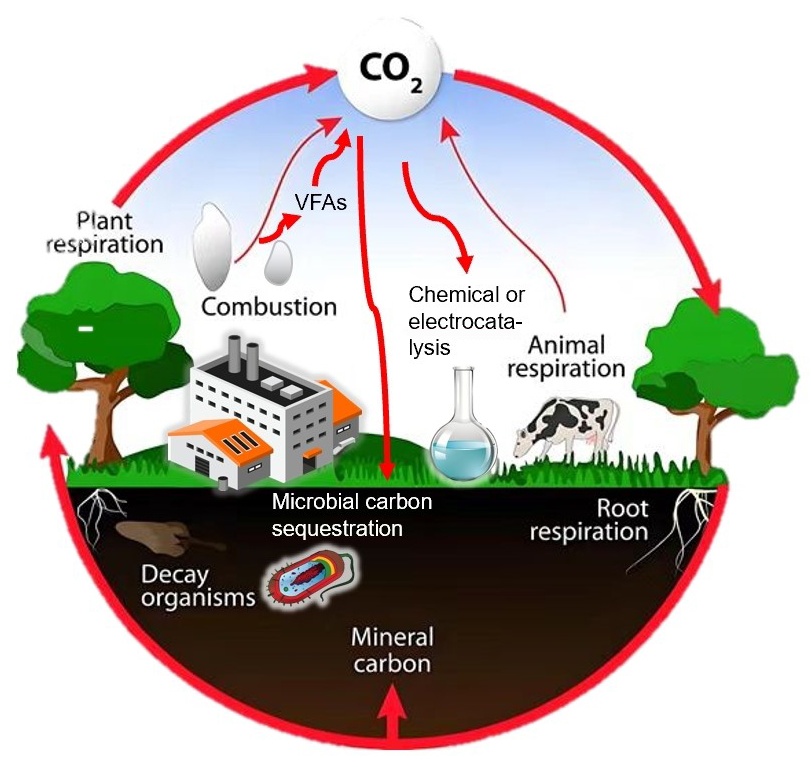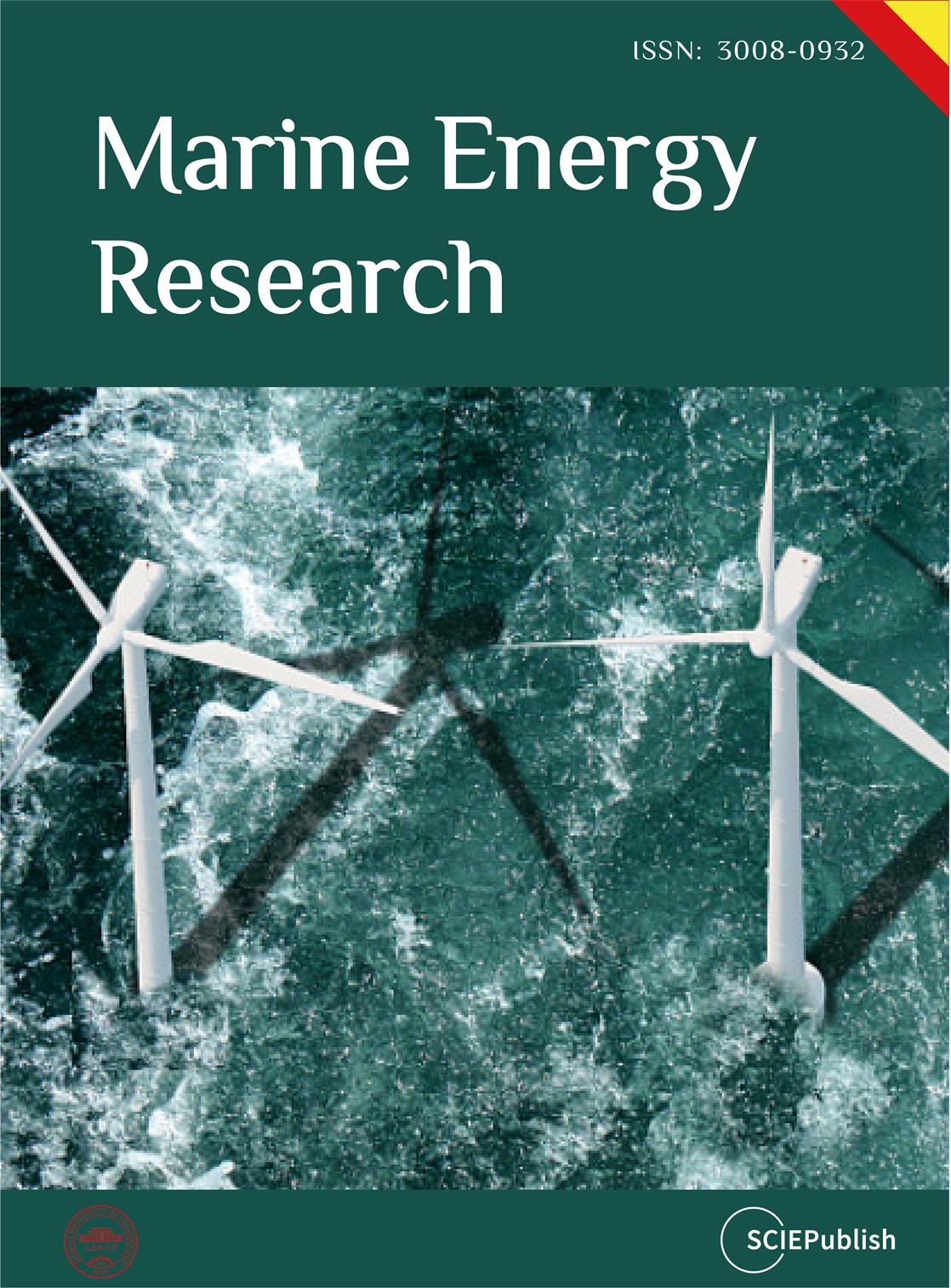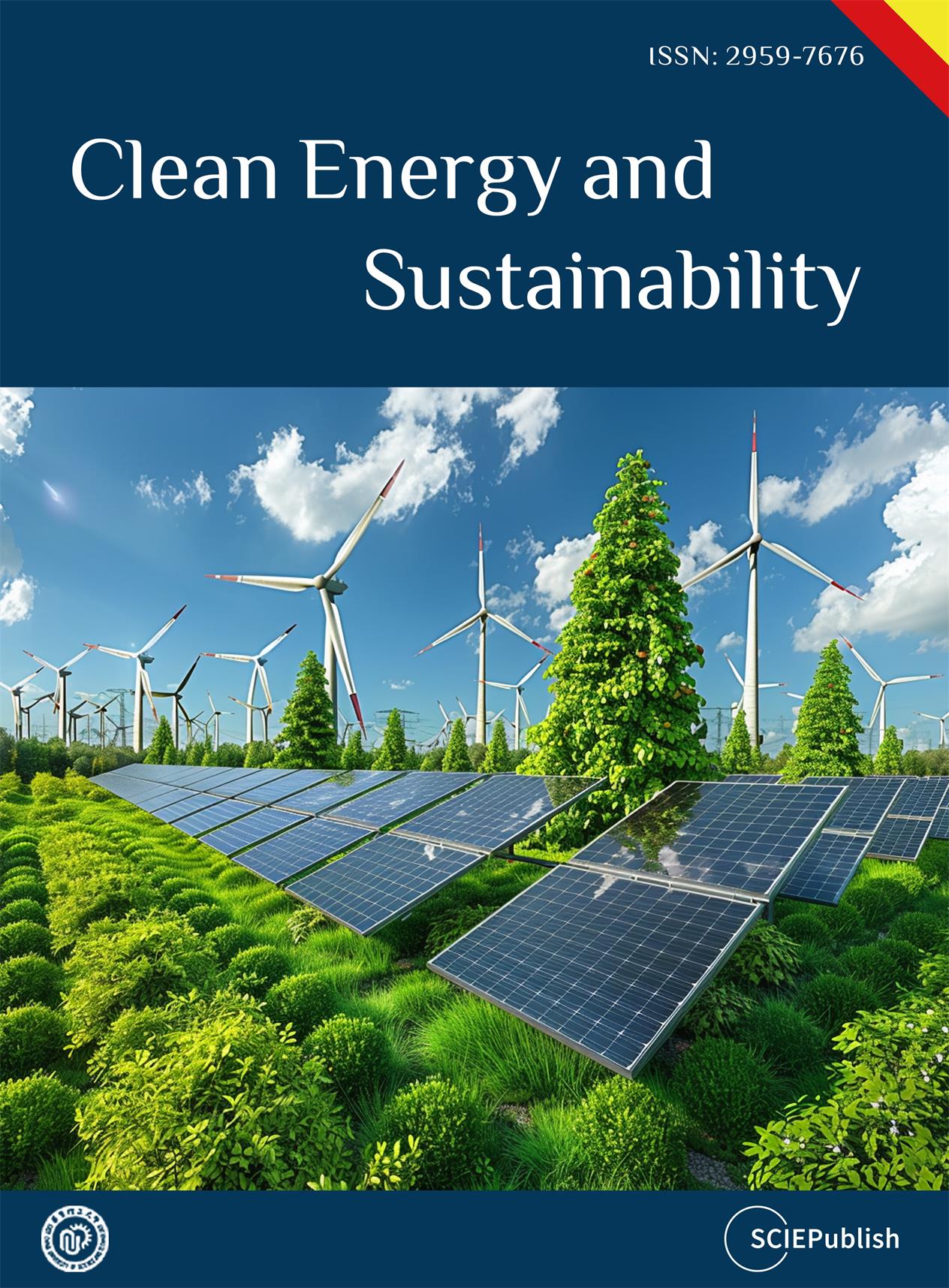Found 3 results
Review
20 January 2025Adsorption and High-Value Transformation of Volatile Fatty Acids from Microbial Fermentation Products: A Review
To mitigate the aforementioned global environmental issues, the concept of carbon capture and storage is crucial in addressing the necessity for carbon peaking and carbon neutrality. The buildup of volatile fatty acids during anaerobic fermentation is a primary factor contributing to the suboptimal performance or outright failure of anaerobic digestion systems. In response to the pressing demand for volatile organic acid recovery and high-value conversion, we primarily outlined the sources, recovery techniques, adsorption materials, and methods for high-value conversion of volatile fatty acids. The methods of adsorbing volatile acetic acid were presented, encompassing adsorption materials, mechanisms, and interfacial modifications of the adsorbent. Furthermore, drawing from recent research advancements, we have synthesized the high-value conversion techniques for volatile fatty acids and evaluated the research challenges and future prospects in this domain.

Editorial
16 August 2024
Perspective
29 January 2023Carbon Neutrality and Life Cycle Thinking
Climate change is one of the most critical sustainability challenges facing the humanity. International communities have joined forces to mitigate climate change impact and aim to achieve carbon neutrality in the coming decades. To achieve this ambitious goal, life cycle thinking can play critical roles. Specifically, life cycle thinking helps evaluate the true climate impacts to avoid shifting emissions across processes in a product life cycle. It can also help inform consumers with carbon footprint information to make climate-conscious choices. Finally, it can help identify key processes dominating the carbon footprint of a product so that future improvement can set priorities. High quality data is required for accurate and timely carbon footprint accounting and critical challenges exist to obtain and share such data.
